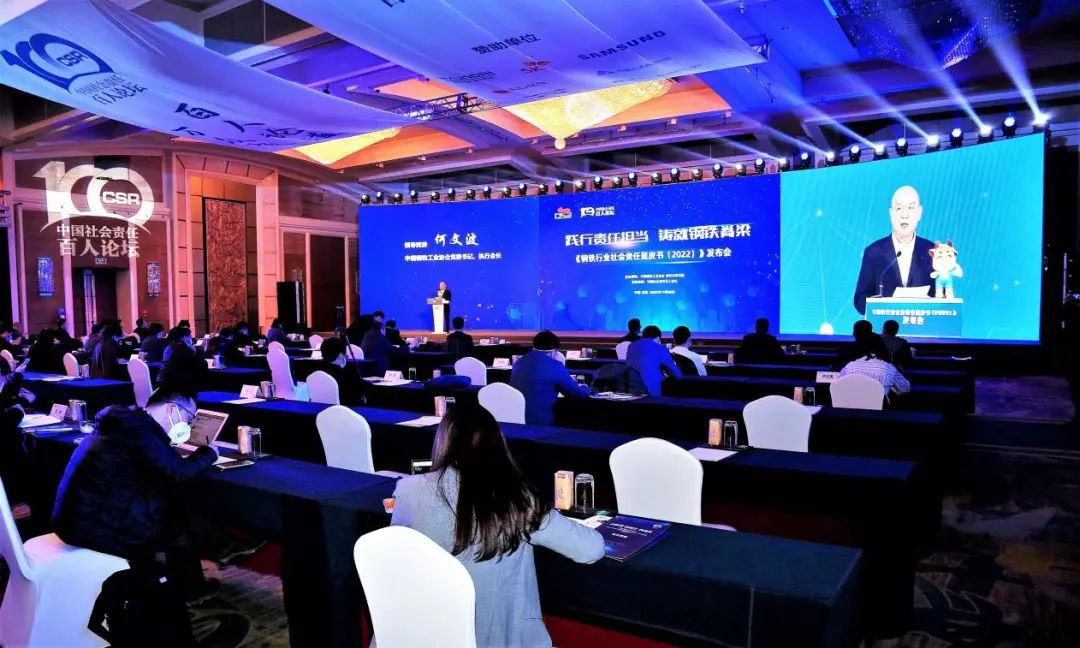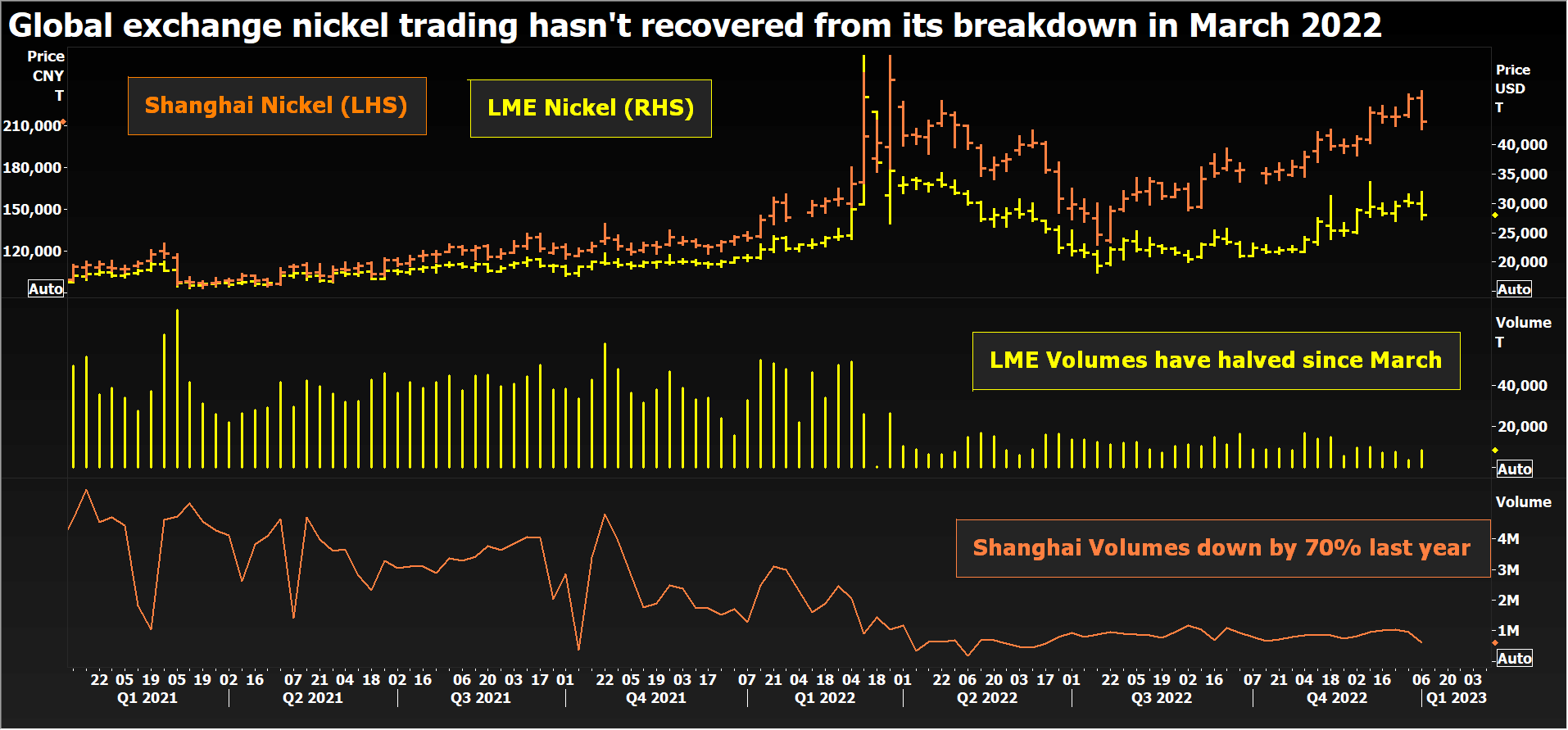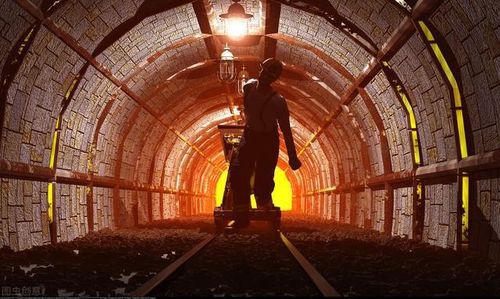In Jakarta, about 5000 kilometers south of Beijing, Chinese mining companies have been operating in the world’s largest known nickel reserve center. In the Indonesian islands of Sulawesi and Hamahara, China has built refineries, smelters, a new metallurgical school – and even a nickel museum.
This year alone, Chinese enterprises have invested 3.2 billion dollars in remote islands. The total investment in the past 10 years has reached 14.2 billion dollars – enough to ensure China’s nickel supply in the next decade.
Nickel is mainly used to produce stainless steel, but it is also an important raw material for the production of key components of electric vehicles. Nickel is the most expensive part of high-performance batteries. With the development of new energy vehicles, the demand for nickel is growing. The demand for nickel is a problem for electric vehicle manufacturers all over the world – Elon Musk, CEO of Tesla, pleaded with miners to “mine more nickel” in the 2020 earnings conference call – especially for China, which has the largest plug-in vehicle market in the world.
China’s nickel reserves are less than 5% of the world’s known reserves. Therefore, China has set its sights on overseas to achieve a win-win situation by providing capital and technology. Michelle Foss, a researcher at Baker Energy Research Center of Rice University, said: “China is ready and willing to invest in places that have not been visited by companies in the United States, Europe, Canada and Australia.” At present, Indonesia has become a partner of Chinese enterprises. President Joko of Indonesia is determined to process and manufacture nickel ore and other raw products by introducing foreign capital and technology, so as to rid his country of raw material exports. By providing capital and technology, Chinese enterprises have promoted the transformation of Indonesia’s nickel industry chain to a large extent. On the one hand, they have developed, on the other hand, they have helped Indonesia upgrade its industry and achieved win-win results.
Of course, Indonesia’s outlook for the future can go beyond that. Indonesian President Zoko will ban the export of metal ores and restrict the export of refined products in 2020. In the past two years, Indonesia’s nickel export has soared from $3 billion to $30 billion. “We hope to benefit from value-added exports so that the country can obtain income in the form of taxes and new employment opportunities,” President Joko said in an interview in Jakarta in August.
Of course, the Indonesian government not only wants to process semi-finished nickel products, but also wants to create a full nickel industry chain through foreign enterprises. The Indonesian government not only wants to make batteries, but only half of them. They also want to make electric cars in Indonesia. The Indonesian government has spread a wide net in industrial development, but so far, only Chinese enterprises are willing to invest large amounts of capital and technology in production facilities. In the past decade, Australia, Canada, South Korea and the United States together invested only 1.5 billion dollars in Sulawesi and Hamahara.
Part of the hesitation may be due to the fact that most of the nickel mined in Indonesia is low-grade nickel used for stainless steel. Lithium ion battery manufacturers need Grade 1 nickel with a purity of more than 99.8%. So far, producers have been able to obtain it from more abundant nickel sulfide deposits, mainly in Australia and Canada, but with the increase of electric vehicle production, the competition to develop new supplies is underway. To this end, Chinese companies are deploying a technology called high pressure acid leaching (HPAL). This is a difficult, costly and environmentally harmful technology. However, from the perspective of market demand for pure nickel, the nickel price will remain high and the ore price will be low, which makes HPAL commercially feasible despite its high cost.
GEM, a supplier of Samsung Electronics, and CATL, the world’s largest electric vehicle battery manufacturer, jointly launched a HPAL production line in Indonesia in September. Qingshan Holdings, the world’s largest nickel and stainless steel producer, plans to supply 100000 tons of semi refined products called nickel matte from its HPAL refinery in Sulawesi to two Chinese companies.
“China has more upstream metal technologies, and they are willing to share them with us,” said Luhut Panjaitan, Minister of Investment and Maritime Affairs of Indonesia, on his way to Sulawesi Island, a four hour drive from the capital, in September.
Mr. Panjaitan visited Morowali Industrial Park, where there are lithium ion battery plants supported by Qingshan and CATL, refineries operated by Zhejiang Huayou Cobalt Industry, and the location of future CNGR Advanced Materials smelters. Everywhere he went, he was greeted with banners in Mandarin and Indonesian.
China has not only provided Indonesia with help on the nickel value chain, but also shared production technology and invested in training and development.




